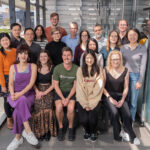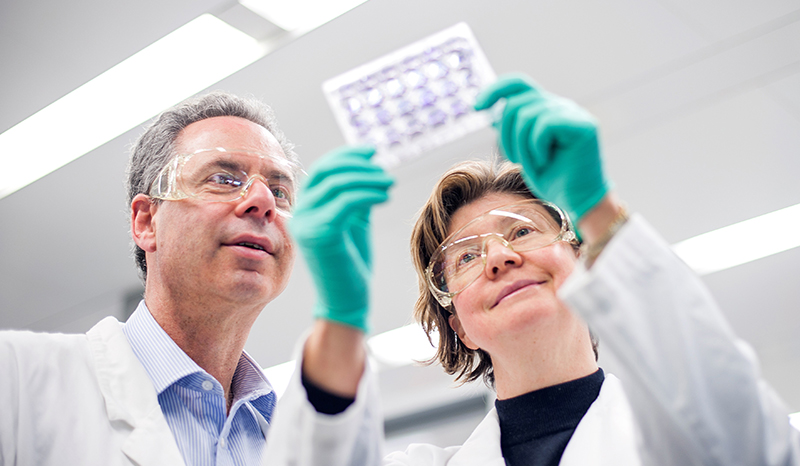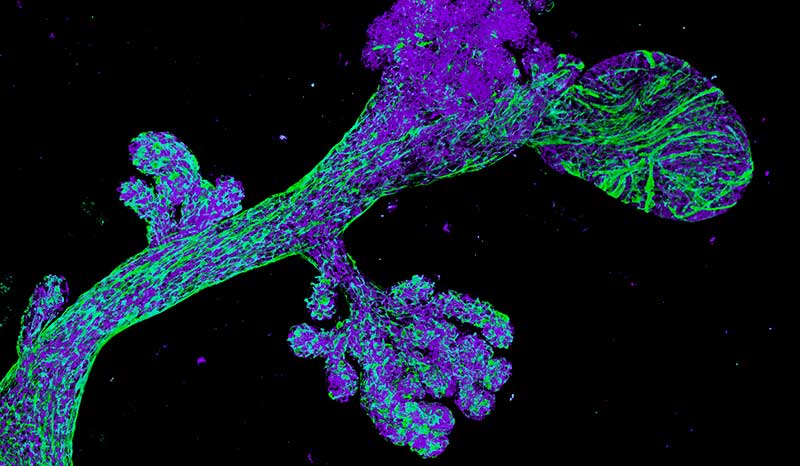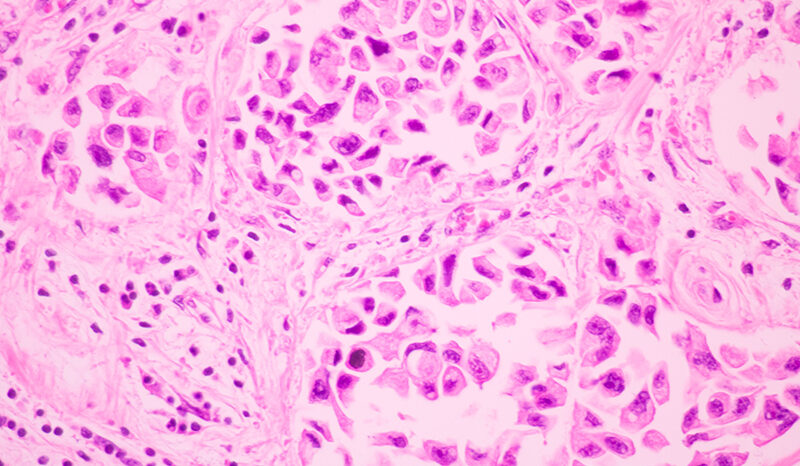Lok SW, Whittle JR, Vaillant F, Teh CE, Lo LL, Policheni AN, Bergin ART, Desai J, Ftouni S, Gandolfo LC, Liew D, Liu HK, Mann GB, Moodie K, Murugasu A, Pal B, Roberts AW, Rosenthal MA, Shackleton K, Silva MJ, Siow ZR, Smyth GK, Taylor L, Travers A, Yeo B, Yeung MM, Bujak AZ, Dawson S-J, Gray DHD, Visvader JE, Lindeman GJ. A phase 1b dose-escalation and expansion study of the BCL-2 inhibitor venetoclax combined with tamoxifen in ER and BCL-2-positive metastatic breast cancer. Cancer Discovery. 2019;9(3):10.1158/2159-8290.cd-18-1151
Nolan E, Vaillant F, Branstetter D, Pal B, Giner G, Whitehead L, Lok SW, Mann GB, Rohrbach K, Huang L-Y, Soriano R, Smyth GK, Dougall WC, Visvader JE, Lindeman GJ. RANK ligand as a potential target for breast cancer prevention in BRCA1-mutation carriers. Nature Medicine. 2016;22(8):10.1038/nm.4118
Vaillant F, Merino D, Lee L, Breslin K, Pal B, Ritchie ME, Smyth GK, Christie M, Phillipson LJ, Burns CJ, Mann GB, Visvader JE, Lindeman GJ. Targeting BCL-2 with the BH3 Mimetic ABT-199 in Estrogen Receptor-Positive Breast Cancer. Cancer Cell. 2013;24(1):10.1016/j.ccr.2013.06.002
Asselin-Labat M-L, Vaillant F, Sheridan JM, Pal B, Wu D, Simpson ER, Yasuda H, Smyth GK, Martin TJ, Lindeman GJ, Visvader JE. Control of mammary stem cell function by steroid hormone signalling. Nature. 2010;465(7299):10.1038/nature09027
Lim E, Vaillant F, Wu D, Forrest NC, Pal B, Hart AH, Asselin-Labat M-L, Gyorki DE, Ward T, Partanen A, Feleppa F, Huschtscha LI, Thorne HJ, Fox SB, Yan M, French JD, Brown MA, Smyth GK, Visvader JE, Lindeman GJ. Aberrant luminal progenitors as the candidate target population for basal tumor development in BRCA1 mutation carriers. Nature Medicine. 2009;15(8):10.1038/nm.2000
Shackleton M, Vaillant F, Simpson KJ, Stingl J, Smyth GK, Asselin-Labat M-L, Wu L, Lindeman GJ, Visvader JE. Generation of a functional mammary gland from a single stem cell. Nature. 2006;439(7072):10.1038/nature04372
Tiong IS, Nguyen T, Chua CC, Teh CE, Muttiah C, Ftouni S, Seymour JF, Gray D, Roberts AW, Dawson S-J, Lindeman GJ, Blombery P. Emergent BAX-mutated clonal hematopoiesis after venetoclax-based therapy for breast cancer. Blood Advances. 2025;9(17):10.1182/bloodadvances.2025016063
Oliveira M, Layman RM, Giordano A, Mukohara T, Park YH, Lindeman G, Bianchini G, De Nonneville A, Dieras VC, Kuemmel S, Kahn A, Tao J, Kent S, Davis GM, Li M, Kalinsky KM. 617TiP Randomized phase 3 trial evaluating KAT6 inhibitor PF-07248144 plus fulvestrant in HR+HER− advanced/metastatic breast cancer after progression on CDK4/6 inhibitor-based therapy. Annals of Oncology. 2025;36:10.1016/j.annonc.2025.08.1039
Chin HS, Cheng J, Hsu SH, Lum GG, Zaldiva MT, Guo F, Mallavarapu K, Jackling FC, Smyth GK, Lindeman GJ, Strasser A, Visvader JE, Chen Y, Chen T, Fu NY. Abstract P51: MCL-1 safeguards activated hair follicle stem cells to enable adult hair regeneration. Cancer Research. 2025;85(15_Supplement):10.1158/1538-7445.fcs2024-p51
Lindeman G, Muttiah C, Martin FC, Christie M, Dawson S-J, Desai J, Lal L, Moodie K, Murugasu A, Phan P, Rosenthal MR, Travers A, Visvader JE, Whittle JR, Yeo B. Abstract P2-07-18: Results from PALVEN: A Phase 1b Study of Palbociclib, Letrozole and Venetoclax in ER and BCL2-Positive Metastatic Breast Cancer. Clinical Cancer Research. 2025;31(12_Supplement):10.1158/1557-3265.sabcs24-p2-07-18






